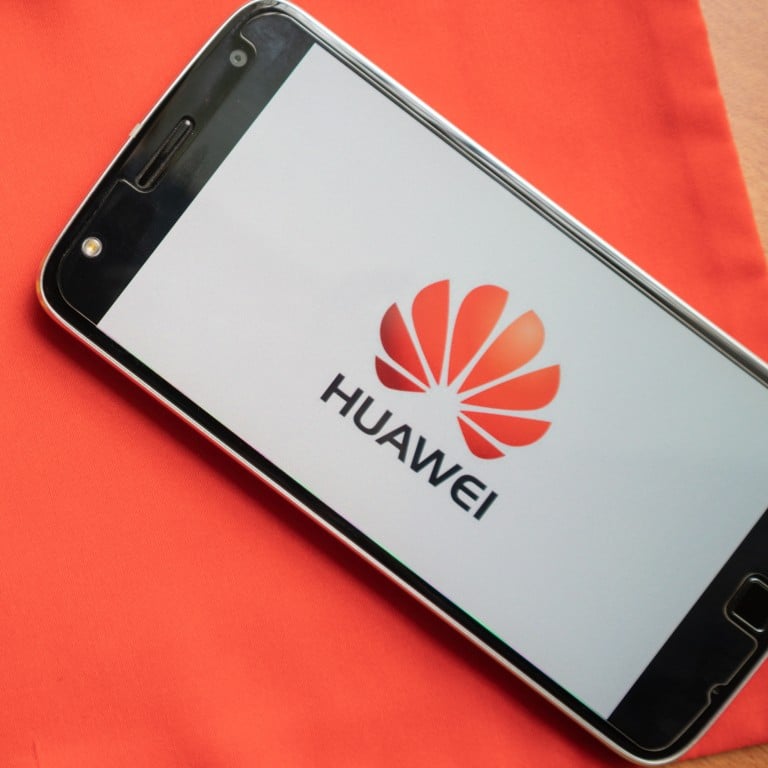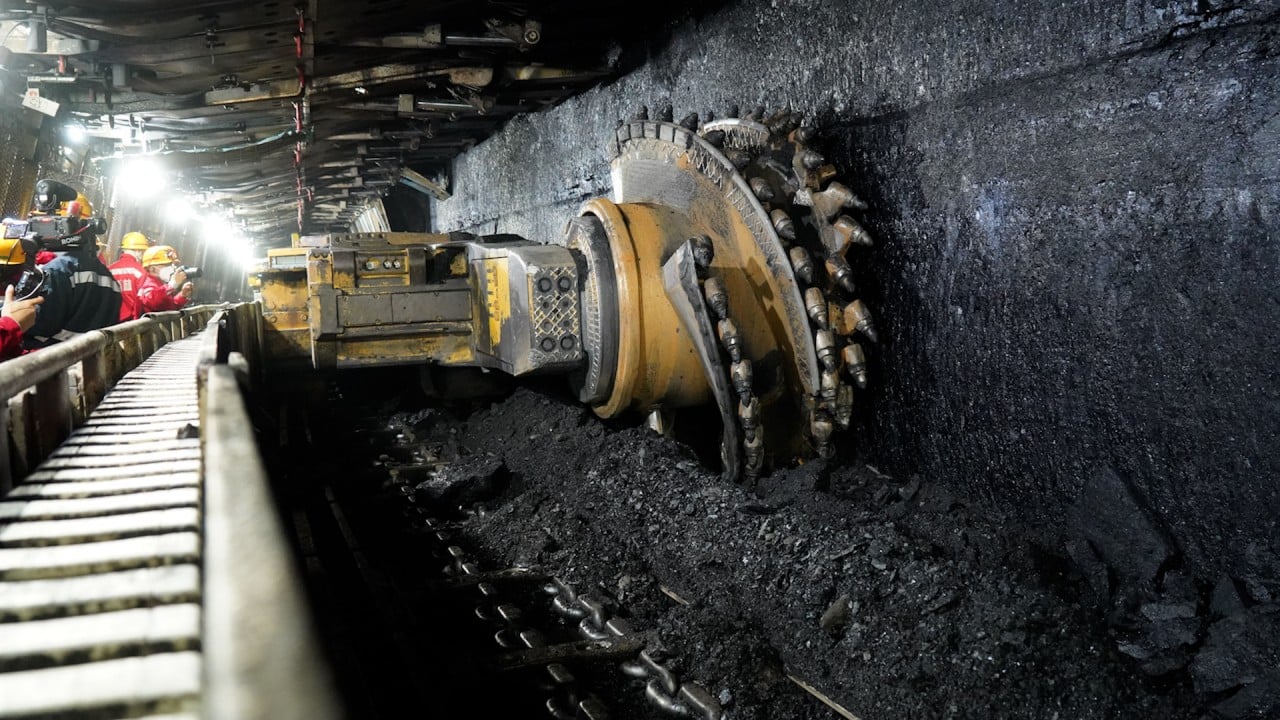Advertisement
Advertisement

US-sanctioned Huawei sharpens focus in home market through new strategic cooperation pacts with local governments, boosting firm’s push into traditional industries
- Huawei has entered into strategic cooperation agreements with the governments of Tianjin and Sichuan provinces, as well as Guangzhou
- These initiatives also reflect how the nation’s Big Tech firms are heeding Beijing’s call to help bolster economic growth
Iris Dengin Shenzhen
Chinese telecommunications equipment giant Huawei Technologies Co, which continues to struggle under US trade sanctions, has secured a series of broad cooperation pacts with local governments in its home market, boosting the company’s push into traditional industries.
Shenzhen-based Huawei on Tuesday signed a “strategic cooperation framework agreement” with the municipal government of Tianjin, a northern metropolis near Beijing, where the company pledged to support the coastal city’s smart ports, computing resources and telecoms infrastructure, according to a report by the Tianjin Daily.
Huawei will employ 5G, artificial intelligence (AI) and cloud computing technologies to help Tianjin’s digital transformation, company chairman Howard Liang Hua said.
That deal was signed on the same day that Huawei forged an agreement that deepens its 2017 partnership with the Baiyun district of Guangzhou, capital of southern Guangdong province, where the company is building a research and development complex that consists of eight buildings.
On Monday, Huawei forged a strategic cooperation deal with the government of southwestern Sichuan province, represented by governor Huang Qiang.
The signing of that agreement, which involved expanding the local data storage capacity in Sichuan, was witnessed by Huawei rotating chairwoman and chief financial officer Meng Wanzhou, daughter of company founder and chief executive Ren Zhengfei.
Meng, who returned to a hero’s welcome in China in October 2021 after more than 1,000 days of detention and house arrest in Canada, also met the Communist Party secretary of Sichuan, Wang Xiaohui, who suggested that Huawei work closer with top local universities and companies in the province.
While the deals are expected to sharpen Huawei’s focus on its home market amid its struggles with US trade sanctions, these initiatives also reflect how the nation’s Big Tech companies are following directives made by China’s leadership in December to “fully display their capabilities” in bolstering economic growth and job creation in the country after the Covid-19 pandemic.
Can Huawei’s 5G-powered Tianjin Port redefine its enterprise business?
Can Huawei’s 5G-powered Tianjin Port redefine its enterprise business?
Huawei has set up dedicated business groups known as legions, or “juntuan” in Chinese, to target the application of 5G and AI technologies in selected traditional industries, such as ports and hospitals.
The company, for example, worked with the coal industry in northern Shaanxi province, helping local enterprises automate mining operations and reduce the number of employees underground.
Similarly, Huawei has worked with northern China’s biggest seaport in Tianjin, where it helped create more automated and greener operations with the use of 5G, cloud computing, Internet of Things devices and even autonomous driving technology.
These domestic engagements have helped provide a lifeline for the company, which is the world’s largest telecoms equipment supplier and formerly China’s biggest smartphone vendor, as stringent US trade restrictions have hobbled its global operations.
The company generated 132.1 billion yuan (US$20 billion) in sales for the first quarter, a marginal rise of 0.8 per cent from the 131 billion yuan in the same period last year, following its 2022 performance when its whole-year revenue increased 0.9 per cent to 642.3 billion yuan.
“As a company, we have no capability to change geopolitics or the environment, we can only adapt to that environment,” Meng said at the company’s annual report press conference last month.
Huawei’s Meng Wanzhou faces uphill battle in reversing flat revenue, plummeting profits
Huawei’s Meng Wanzhou faces uphill battle in reversing flat revenue, plummeting profits
Still, Huawei is now able to ride this growing trend of increased engagements by Big Tech firms with local governments across the country.
Ant Group, the financial technology affiliate of Alibaba Group Holding, this week entered into a wide-ranging collaboration with the municipal government of Hangzhou, capital of eastern Zhejiang province. Alibaba owns the South China Morning Post.
Pony Ma Huateng, founder, chairman and chief executive of Tencent Holdings, last month said the company pledged to strengthen support for development initiatives in northeastern Heilongjiang province.
In March, Alibaba and authorities in the southwestern metropolis of Chongqing pledged deeper collaboration in areas such as connected cars and digital infrastructure.

1

